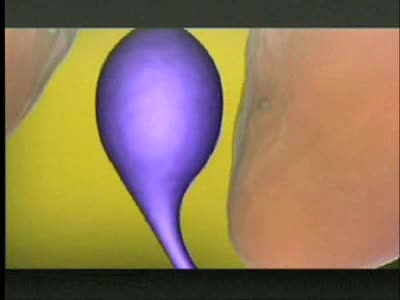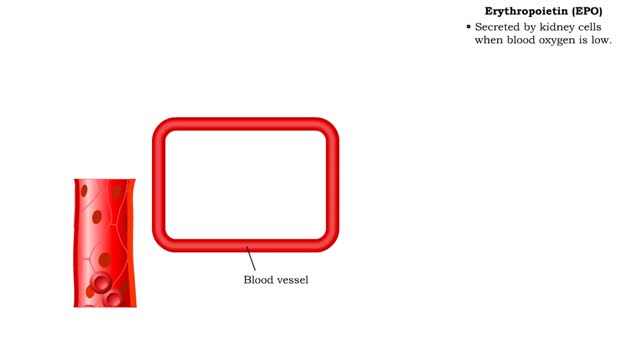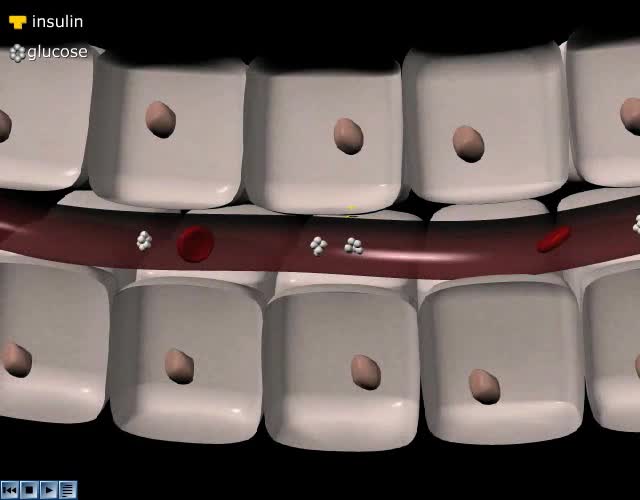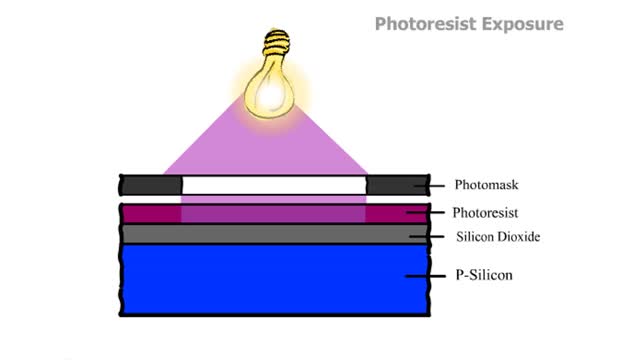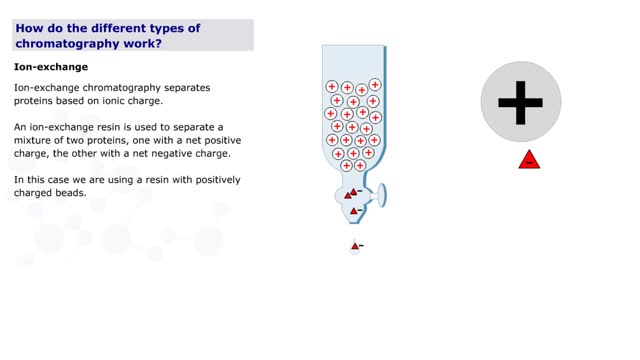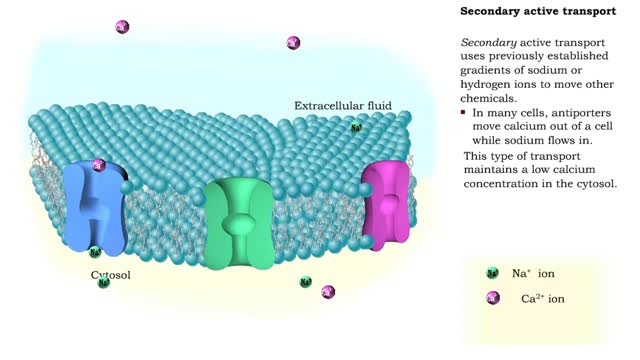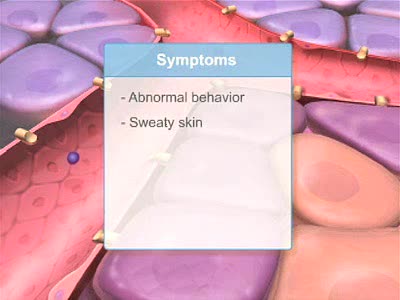Search Results
Results for: 'Hemoglobin type'
By: Administrator, Views: 15115
Angina is a type of chest pain caused by reduced blood flow to the heart. Angina (an-JIE-nuh or AN-juh-nuh) is a symptom of coronary artery disease. Angina, which may also be called angina pectoris, is often described as squeezing, pressure, heaviness, tightness or pain in your chest.
By: Administrator, Views: 14430
Allergic rhinitis, also known as hay fever, is a type of inflammation in the nose which occurs when the immune system overreacts to allergens in the air. Signs and symptoms include a runny or stuffy nose, sneezing, red, itchy, and watery eyes, and swelling around the eyes. The fluid from the nose...
By: Administrator, Views: 15002
Herpes simplex is a viral infection caused by the herpes simplex virus. Infections are categorized based on the part of the body infected. Oral herpes involves the face or mouth. It may result in small blisters in groups often called cold sores or fever blisters or may just cause a sore throat. G...
Red Blood Cells - Erythropoietin (EPO)
By: HWC, Views: 11603
• The endocrine system maintains many body conditions within normal limits with feedback loops. Each endocrine feedback loop maintains homeostasis using the following components: • Stimulus - a change in a body condition. • Production cell - an endocrine cell that produces a hormone aft...
By: Administrator, Views: 16409
Hyperglycemia means high (hyper) glucose (gly) in the blood (emia). Your body needs glucose to properly function. Your cells rely on glucose for energy. Hyperglycemia is a defining characteristic of diabetes—when the blood glucose level is too high because the body isn't properly using or doesn...
Introduction to Photolithography - WC, BLF, PA, Hard and Soft baking
By: HWC, Views: 11189
Prior to use, wafers are chemically cleaned to remove particulate matter on the surface as well as any traces of organic, ionic, and metallic impurities. Barrier Layer Formation After cleaning, the silicon wafer is covered with the material which will serve as a barrier layer. The most commo...
How do the different types of chromatography work? (No Audio)
By: HWC, Views: 11145
Chromatography is a term for a variety of techniques in which a mixture of dissolved components is fractionated as it moves through some type of porous matrix. A glass column is filled with beads of an inert matrix. The mixture of proteins to be purified is dissolved in a solution and passed ...
By: HWC, Views: 12271
Energy stored (in a hydrogen or sodium concentration gradient) is used to drive other substances against their own concentration gradients Secondary active transport, is transport of molecules across the cell membrane utilizing energy in other forms than ATP. In many cells, antiporters mov...
By: Administrator, Views: 16038
The islets of Langerhans are composed of three major types of cells: Alpha cells secrete glucagon, elevating blood sugar. Beta cells secrete insulin, maintaining normal blood sugar. Delta cells secrete somatostatin, which suppresses release of glucagon and insulin. Hyposecretion or inadequa...
Advertisement





